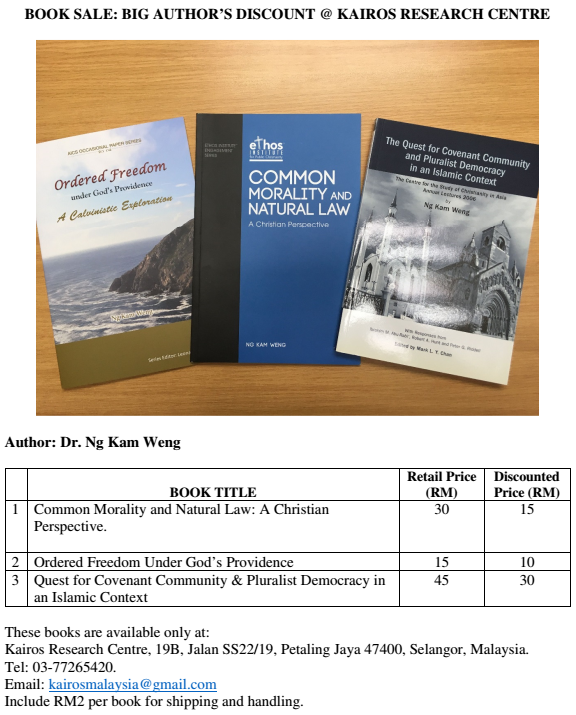N.T. Wright’s Sweet-Sour Cuisine
Reading N.T. Wright (NTW) is like eating delicious Sichuan cuisine – a unique blend of sweet and sour flavors enhanced by hot and spicy pepper that only a master chef could produce. We begin by savoring the sweet flavors.
First, NTW provides a skillfully crafted narrative of the history of God’s salvation from Adam, through the tragic history of Israel until the coming of the messiah. NTW suggests that Adam in Genesis and Israel in biblical history were entrusted with a “covenant of vocation” to be image bearers of God’s glory on earth. The failure of the first Adam brought the Fall. Israel was to resume this mission as the new Adam to reverse the consequences of the Fall by her obedience to the Torah. Instead, Israel’s apostasy resulted in the exile. NTW emphasizes that the mission of the messiah and the cross must be anchored in this tragic history. NTW’s vision of the “covenant of vocation” emphasizes that God’s redemption involves the restoration of creation is an important corrective of some forms of popular Christianity which narrowly view salvation as saving souls which NTW denigrates as a platonized, paganized version of escaping from fallen earth to go to heaven. Continue reading “N.T. Wright’s Non-Traditional Theory of Substitutionary Atonement”
